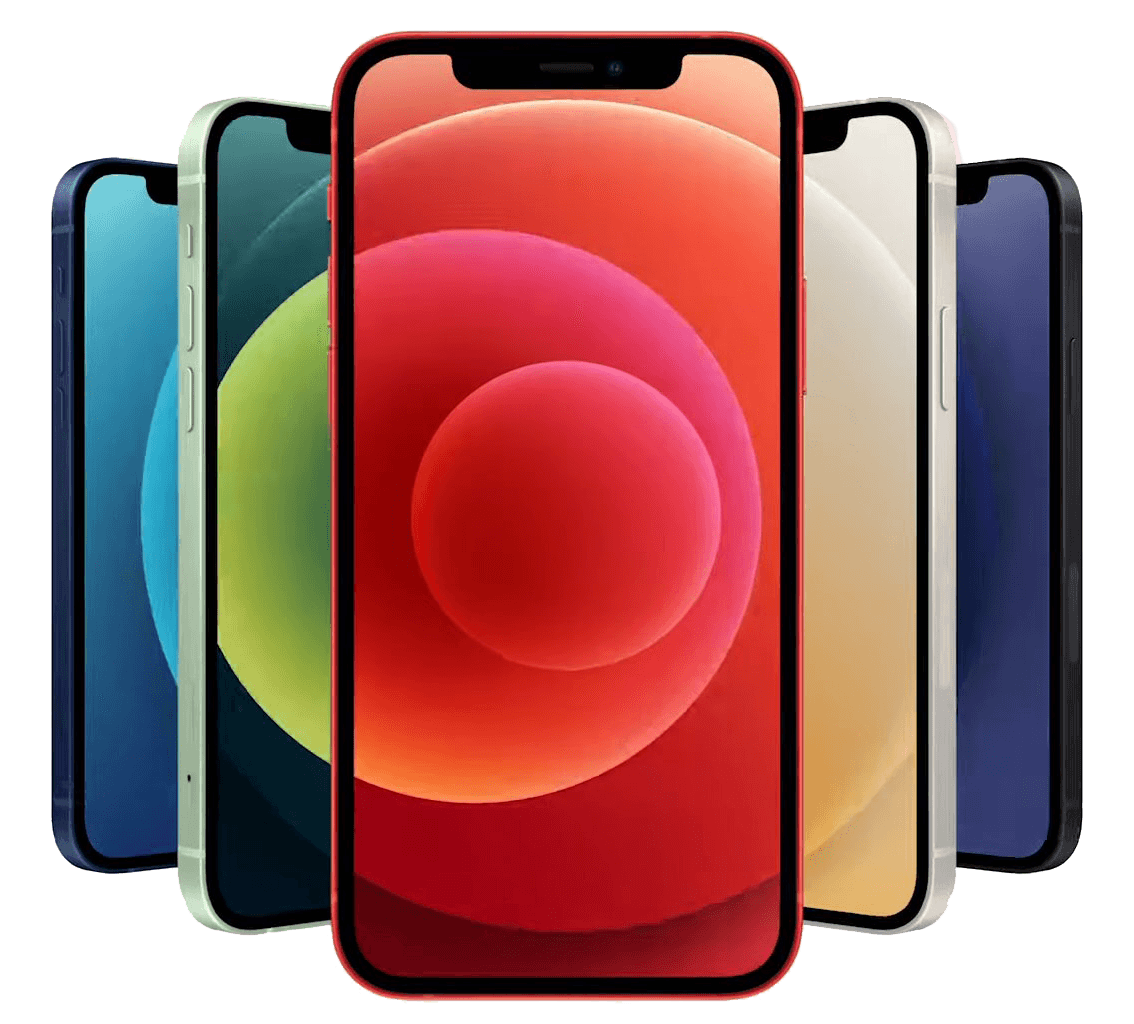Buying used iPhones wholesale has become a popular option for individuals, retailers, and businesses alike. Whether you're looking to upgrade your personal device or stock your store with pre-owned smartphones, understanding the benefits and considerations of purchasing used iPhones in bulk is crucial. In this article, we'll delve into the advantages, potential challenges, and tips for navigating the world of used iPhone wholesale.
Advantages of Buying Used iPhones Wholesale:
- Cost-Effectiveness: One of the primary reasons businesses opt for wholesale used iPhones is cost savings. Compared to purchasing brand-new devices, buying pre-owned iPhones in bulk allows for significant discounts, making it an attractive option for retailers looking to maximize profit margins.
- Inventory Expansion: For retailers looking to diversify their product offerings, used iPhone wholesale presents an opportunity to expand their inventory without incurring high acquisition costs. This is particularly beneficial for electronics stores, mobile phone retailers, and online marketplaces catering to tech-savvy consumers.
- Sustainability: Embracing the circular economy and promoting sustainability are increasingly important factors for businesses. Buying used iPhones wholesale contributes to reducing electronic waste by giving devices a second life through refurbishment and resale, aligning with environmentally conscious practices.
- Market Demand: iPhones remain highly sought-after devices globally, with a loyal customer base always on the lookout for affordable yet reliable options. Purchasing used iPhones in bulk allows businesses to tap into this demand and cater to budget-conscious consumers without compromising quality.
- Flexibility in Pricing: Buying wholesale gives businesses the flexibility to set competitive pricing strategies based on market trends, demand fluctuations, and profit goals. This agility in pricing can help businesses stay competitive and attract a wider customer base.
Considerations When Buying Used iPhones Wholesale:
- Quality Assurance: Ensuring the quality and functionality of used iPhones is paramount when buying wholesale. Partnering with reputable suppliers or wholesalers who offer quality assurance guarantees, warranties, and thorough testing procedures can mitigate the risk of receiving defective or subpar devices.
- Authentication and Verification: With the prevalence of counterfeit and refurbished iPhones in the market, verifying the authenticity of wholesale used iPhones is crucial. Look for suppliers who provide detailed documentation, including IMEI numbers, serial numbers, and proof of origin, to ensure the legitimacy of the devices.
- Refurbishment Standards: Understanding the refurbishment process and standards applied to used iPhones is essential. Reputable wholesalers often employ certified technicians to refurbish devices, addressing cosmetic imperfections, replacing faulty components, and conducting rigorous testing to meet industry standards.
- Compatibility and Unlocking: Consider the compatibility of wholesale used iPhones with various carriers and regions. Unlocked devices offer versatility for customers to use their preferred network, while locked devices may require unlocking services or specific carrier compatibility disclosures.
- Market Research and Demand Analysis: Conducting thorough market research and analyzing demand trends for specific iPhone models, storage capacities, and color variants can inform purchasing decisions. Tailoring inventory based on popular models and customer preferences can optimize sales and inventory turnover.
Tips for Buying Used iPhones Wholesale:
- Source from Reputable Suppliers: Choose established wholesalers or suppliers with positive reviews, industry certifications, and a track record of quality products and services. Researching supplier credentials, customer feedback, and business practices can help build trust and reliability.
- Inspect Sample Units: Prior to committing to a wholesale purchase, request sample units for inspection and testing. Assessing the condition, functionality, and cosmetic appearance of sample iPhones can provide insights into the overall quality of the wholesale inventory.
- Negotiate Terms and Contracts: Clarify terms of sale, payment methods, shipping arrangements, return policies, and warranty provisions before finalizing a wholesale transaction. Negotiating favorable terms and having a clear understanding of contractual obligations can prevent misunderstandings and disputes.
- Evaluate Total Cost of Ownership: Consider the total cost of owning and reselling wholesale used iPhones, including acquisition costs, refurbishment expenses, marketing efforts, and potential after-sales support. Calculating profitability margins and ROI projections can guide pricing strategies and business decisions.
- Stay Updated with Market Trends: Monitor market trends, new iPhone releases, pricing fluctuations, and competitive landscape regularly. Adapting to market changes, adjusting inventory levels, and capitalizing on demand spikes can optimize sales performance and business growth.
In conclusion, buying used iPhone wholesale offers numerous benefits such as cost-effectiveness, inventory expansion, sustainability, market demand fulfillment, and pricing flexibility. However, it's crucial to consider quality assurance, authentication, refurbishment standards, compatibility, and market research when navigating the wholesale used iPhone market. By following best practices, conducting due diligence, and partnering with reputable suppliers, businesses can capitalize on the opportunities presented by wholesale used iPhones while delivering value to customers.





Comments